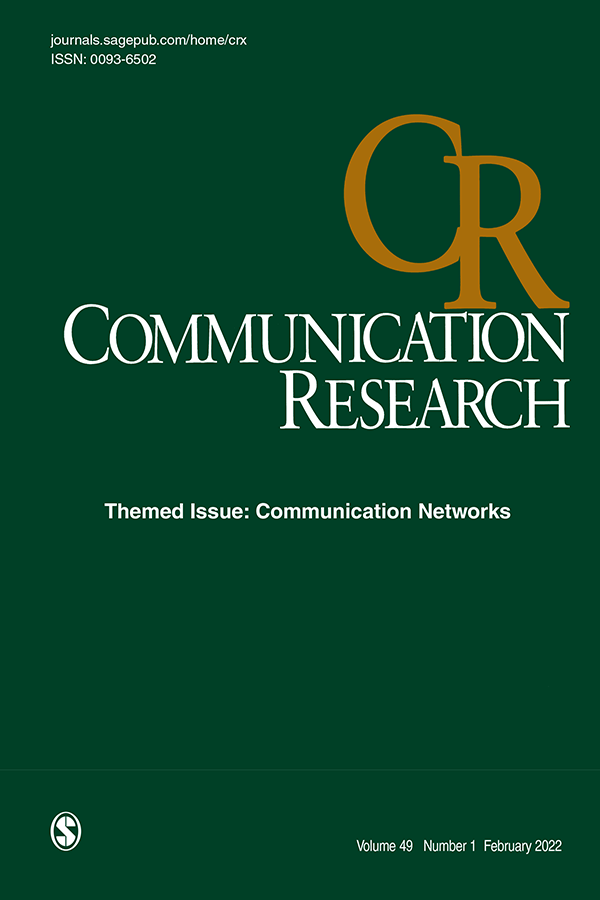How Can We Increase Privacy Protection Behavior? A Longitudinal Experiment Testing Three Intervention Strategies
IF 4.9
1区 文学
Q1 COMMUNICATION
引用次数: 1
Abstract
This study investigates which intervention strategies most effectively increase privacy protection behavior. Drawing upon Protection Motivation Theory, we examine the short- and long-term effects of (combinations) of three strategies: (1) increasing awareness of the threat to privacy, (2) training effective privacy protection behavior, and (3) addressing and combating privacy fatigue. We conducted a longitudinal experiment in the Netherlands with three waves ( Nwave1 = 1,000, 2 weeks later Nwave2 = 799, 2 months later Nwave3 = 465) and eight between subjects conditions (no strategy and all possible combinations of the strategies). Results show that the training strategy increased self-efficacy and response efficacy, immediately increased all privacy protection behaviors, and positively impacted tracking blocking behavior in the short- and long-term, actual cookie rejection in the short-term (2 weeks later), and deletion behavior in the long-term (2 months later). The threat and fatigue strategies did not have their anticipated effects, but the threat strategy did immediately increase tracking blocking intentions, and the fatigue strategy had a positive, short-term effect on cookie rejection behavior.我们如何加强隐私保护行为?一项检验三种干预策略的纵向实验
本研究探讨哪些干预策略最有效地增加隐私保护行为。根据保护动机理论,我们考察了三种策略(组合)的短期和长期效果:(1)提高对隐私威胁的认识,(2)培养有效的隐私保护行为,(3)解决和对抗隐私疲劳。我们在荷兰进行了纵向实验,采用三波(Nwave1 = 1,000, 2周后Nwave2 = 799, 2个月后Nwave3 = 465)和八种受试者之间的条件(无策略和所有可能的策略组合)。结果表明,训练策略提高了自我效能和反应效能,立即提高了所有隐私保护行为,并对短期和长期的跟踪阻止行为、短期(2周后)的实际拒绝cookie行为和长期(2个月后)的删除行为产生了积极影响。威胁策略和疲劳策略没有达到预期的效果,但威胁策略确实会立即增加跟踪阻止意图,疲劳策略对cookie拒绝行为有积极的短期影响。
本文章由计算机程序翻译,如有差异,请以英文原文为准。
求助全文
约1分钟内获得全文
求助全文
来源期刊

Communication Research
COMMUNICATION-
CiteScore
17.10
自引率
0.00%
发文量
20
期刊介绍:
Empirical research in communication began in the 20th century, and there are more researchers pursuing answers to communication questions today than at any other time. The editorial goal of Communication Research is to offer a special opportunity for reflection and change in the new millennium. To qualify for publication, research should, first, be explicitly tied to some form of communication; second, be theoretically driven with results that inform theory; third, use the most rigorous empirical methods; and fourth, be directly linked to the most important problems and issues facing humankind. Critieria do not privilege any particular context; indeed, we believe that the key problems facing humankind occur in close relationships, groups, organiations, and cultures.
 求助内容:
求助内容: 应助结果提醒方式:
应助结果提醒方式:


